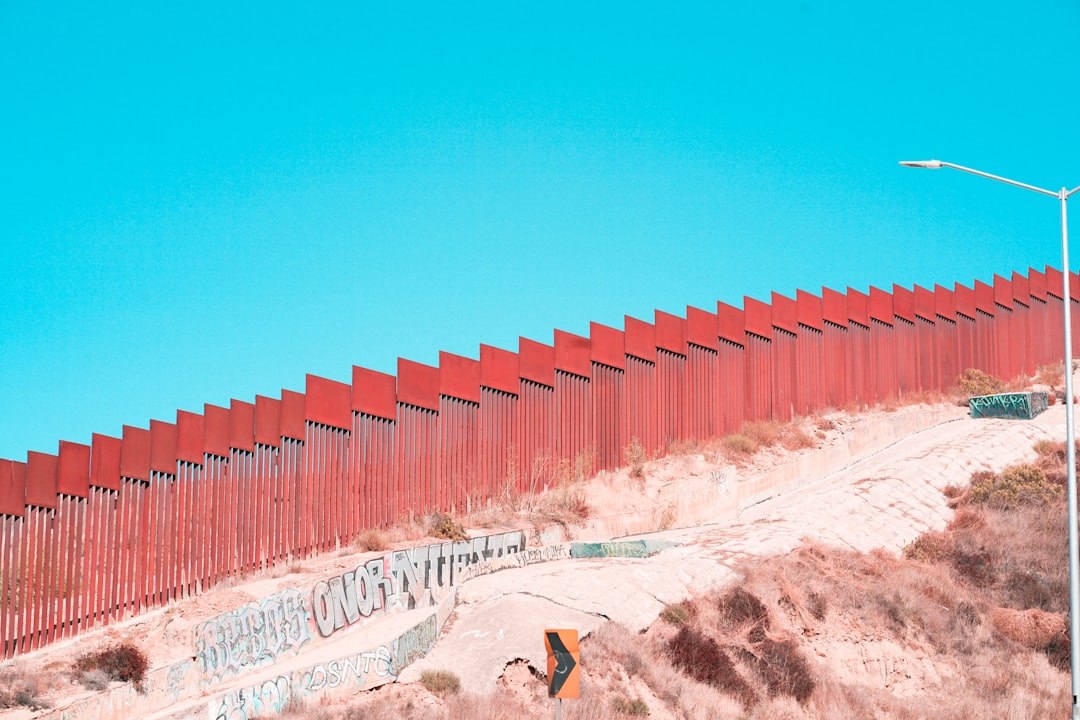On Border Crossing, Prioritization and Slow Productivity

Border Crossing
We often cross borders. Literally and metaphorically. But once we cross the border, we change.
The immigrants who want to get into the US want the immigration rules to be relaxed. But once they are in and get their citizenships, they want the rules to be tightened instead.
People who want to buy homes want the housing prices to decrease, and are happy to see lots of apartment buildings being built. But once they are proud homeowners, they declare “not in my backyard!” and want the prices to go to the moon.
We hate our parents when we are young, but we eventually become parents ourselves and embody the same characteristics that made us hate them.
Aspiring politicians think they will fix the system, cross the border, and then see themselves consumed and become the system.
The poor despise the rich, and when they strike it rich, they despise the poor.
Notwithstanding with broad strokes of generalization and simplification, border crossing is a useful lens to understand how we behave, and change. It not only shows how people draw borders, but also that people will move from one side to the other, and oftentimes, change. They will fail to have empathy after crossing the border, even though they were just on the other side.
One reason we change after crossing the borders is that the system is set up that way. The incentives in the housing market is such that it is beneficial to have the prices keep going up for the homeowners. It takes a lot of effort and energy to fight and swim against the tide, and most people change behaviors to align with the incentives.
On Prioritization
Matthew McConaughey in his memoir Greenlights, writes:
It was time to clean house. Process of elimination.
I had five things on my proverbial desk to tend to daily: family, foundation, acting, a production company and a music label. I feel like I was making B’s in all fives. By shutting down the production company and the music label, I eliminated two of my five commitments and can make As in the other three.
A lot of us try to do many things at once — too many in fact. The problem is that, we are afraid to let go of things, which is in turn because we don’t have a clear sense of what is important and what is not. And even when we know when something is not important, we underestimate the amount of time and energy it can use. This is true for material possessions as well, where we like to keep things around because of this reason: “just in case.”
Slow Productivity
June Huh, who recently won the Fields Medal — the Nobel prize of Mathematics and the highest honor a Mathematician can get — works for a solid three focused hours. That’s all.
The Quanta magazine did a piece on him:
On any given day, Huh does about three hours of focused work. He might think about a math problem, or prepare to lecture a classroom of students, or schedule doctor’s appointments for his two sons. “Then I’m exhausted,” he said. “Doing something that’s valuable, meaningful, creative” — or a task that he doesn’t particularly want to do, like scheduling those appointments — “takes away a lot of your energy.”
It’s not just three hours of work, but it is three hours of quality focused work. That’s actually a lot. Charles Darwin and Henri Poincaré similarly put in a solid ~4 hours of focused work per day.
I came across June Huh’s three hour work days from Cal Newport’s Slow productivity article.


